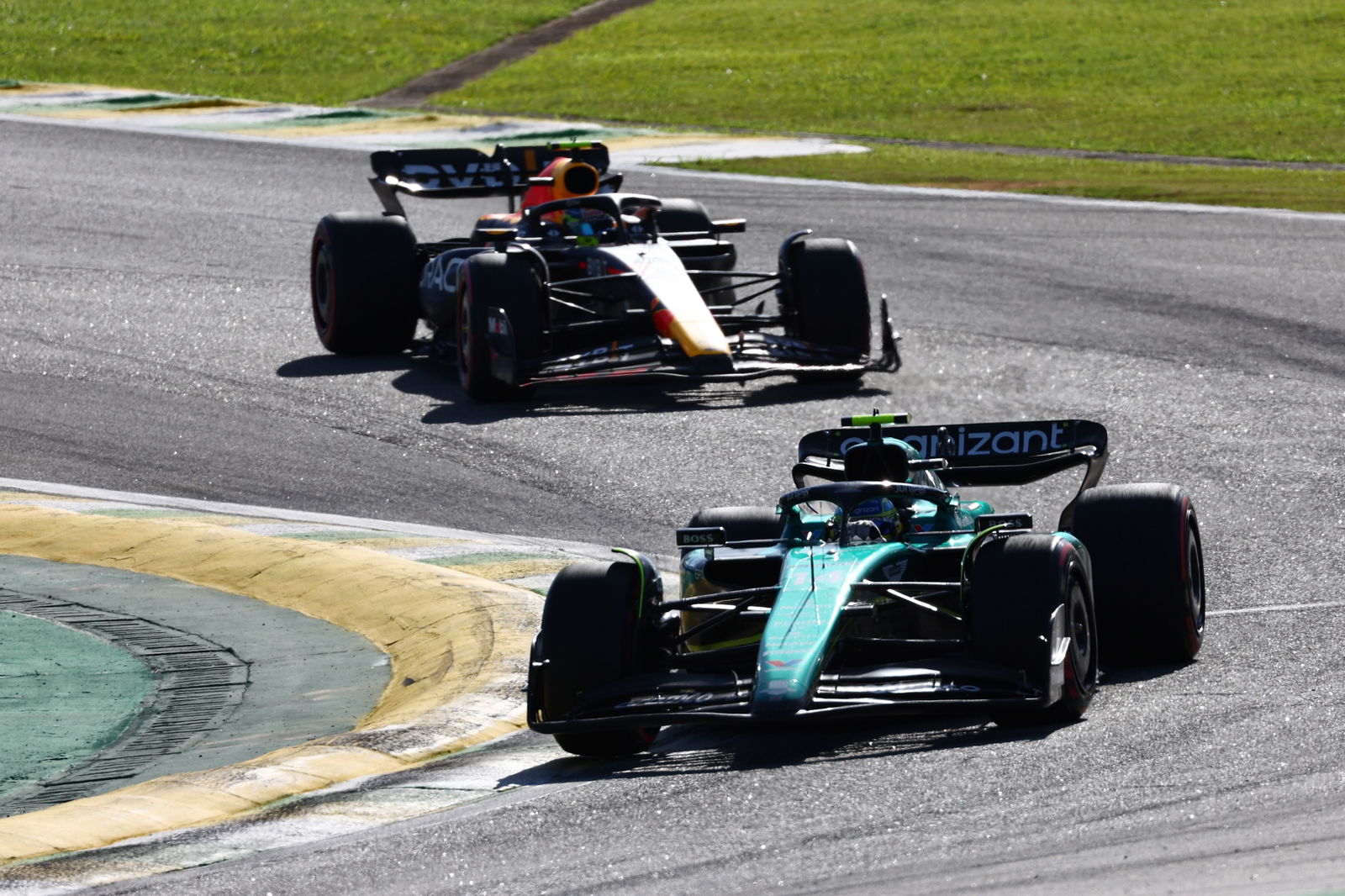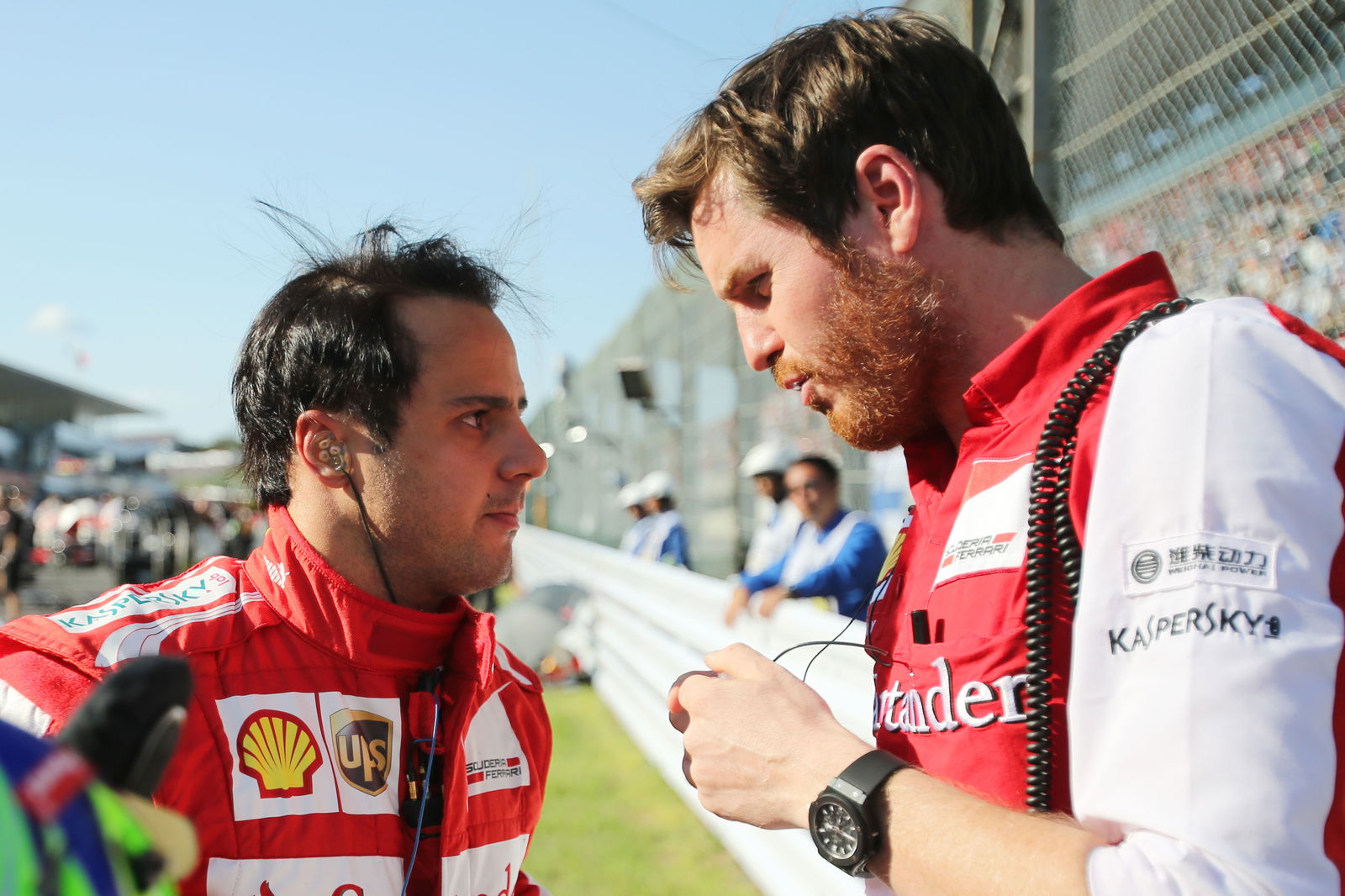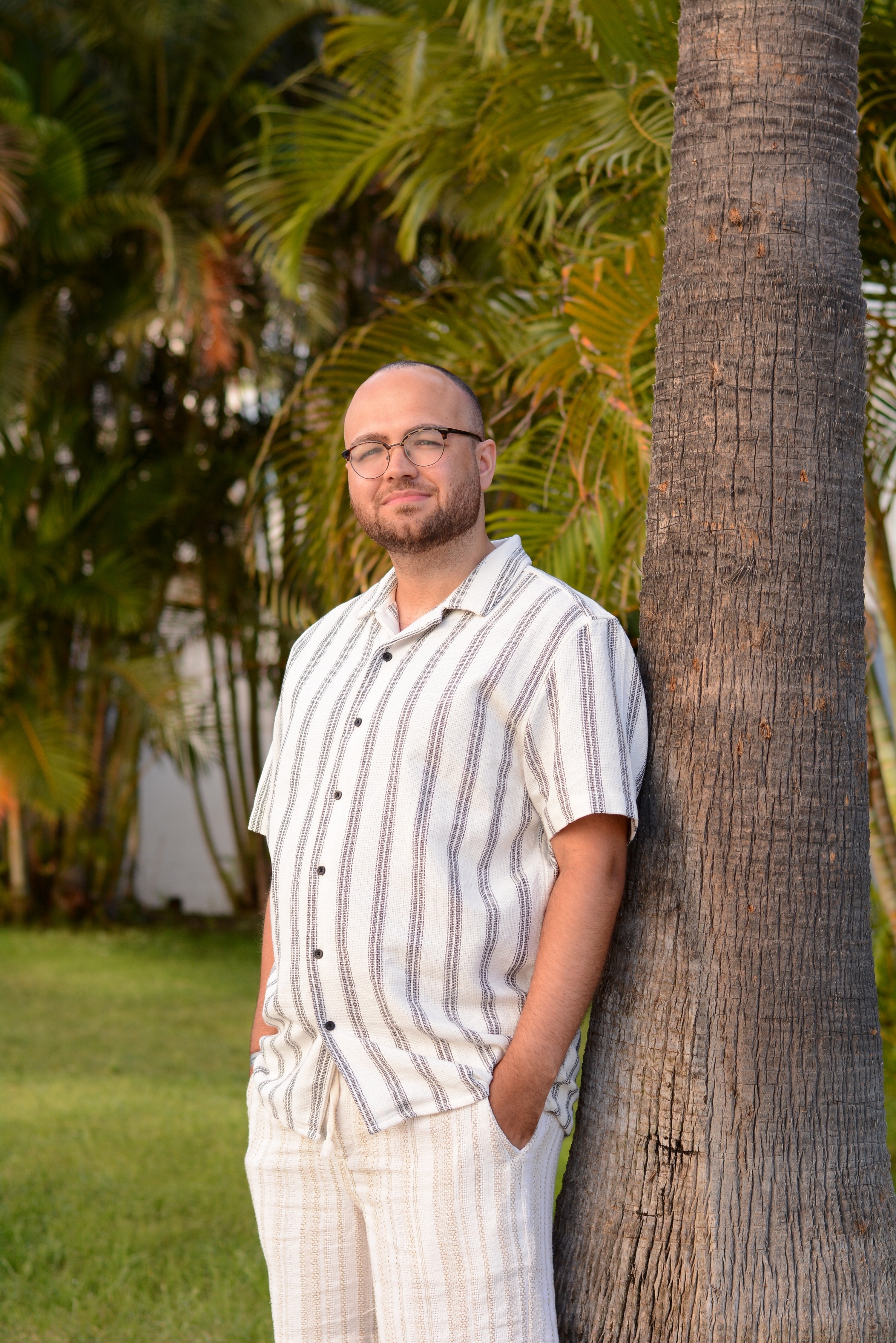Aston Martin play down chances of “big deviations” to current F1 pecking order in 2024
Is there much chance of the F1 form guide going out of the window in 2024? Mike Krack doesn't think so.

Aston Martin boss Mike Krack doesn’t expect to see big changes to F1’s pecking order in 2024 due to the stable regulations.
Red Bull dominated in F1 2023, winning 21 of the 22 races - Ferrari were the only other winning team, victorious in Singapore.
In terms of the technical regulations, not a lot is changing, so many are expecting teams to converge into the Red Bull car concept.
With stable rules, the grid tends to close up, although there’s less chance for the general picture to change.
Red Bull were clearly the fastest team in 2023, with Mercedes, Ferrari, McLaren and Aston Martin all exchanging positions as second-best.
Alpine led the midfield pack ahead of Williams, AlphaTauri, Alfa Romeo and Haas.
Looking ahead to the new campaign, Krack said: “[The stability] is then also putting more emphasis on operations again because if the cars are close together, it's really the small details that make the difference on the grid position.
“[The tight gaps in qualifying] will only get smaller, I think, over the years to come. So, to come back to the original question: I will be surprised if there are big deviations to where we are now.”

Krack expects many teams to take inspiration from Red Bull, but remains interested to see what changes Ferrari and Mercedes will make given that both teams are likely to make significant modifications compared to their previous cars.
“When you when you have stable rules, the way we have it now, teams will rather go evolutionary,” he added.
“And if you have such a standout car, as we have with Red Bull, I think a lot of people will try to go in that direction.
“On the other hand, we have heard from Ferrari, from Mercedes, that they will make very big architectural changes. So, we are curious to see what that is going to bring.
“But I think all in all, if you look at it, usually what happens if the technical regs stay [the same] the field is moving closer together year on year."








